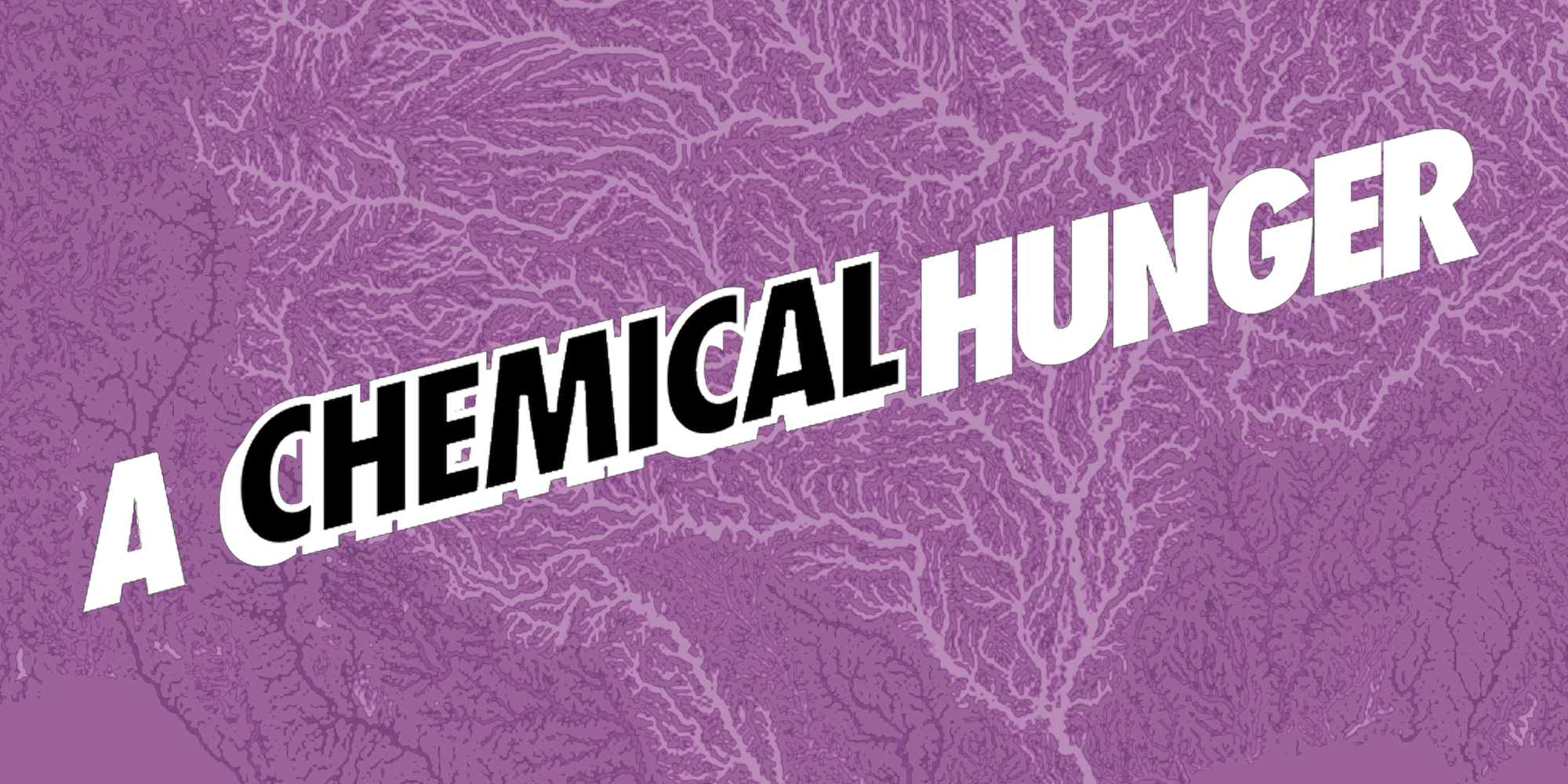Site is a link aggregation of a series of blog posts that cite various studies about the mystery of why the obesity rate is increasing, and why the rate of increase is itself accelerating. Authors make a compelling argument that normal homeostatic processes (the theorized lipostat specifically) tend to keep people within a certain BMI range. Authors argue that environmental contamination is breaking the lipostat, driving obesity rates upwards, and faster where there's more contamination.
Interesting read and a great reason to switch to :vegan-v: with a focus on not buying anything wrapped in plastic.


Well if your excess calories are mostly slow digesting carbs, you're not going to gain lean mass. Especially if you're active. You'd have to eat more protein, while still in a calorie surplus. Because while CICO is true, not all calories are the same. Excess protein is more likely to be turned into lean mass, excess carbs and fat into fat. That why athletes and bodybuilders have macronutrient splits in their diets and don't just eat whatever they want all day to hit a calorie target.
Extreme example but read this
https://www.ncbi.nlm.nih.gov/pmc/articles/PMC4022420/
https://www.ncbi.nlm.nih.gov/pmc/articles/PMC4022420/table/T2/?report=objectonly
The HP group in the extreme calorie surplus mostly consisting of protein( 4.4g of protein per kilogram of body weight!!!) actually lost fat and gained muscle (gained 1.9kg of lean mass and lost 0.2kg of fat), while eating 800 more calories than the control group. While the control group put on a little fat and muscle (gained 1.3 kg of lean mass and gained 0.3 kg of fat), despite eating 800 calories less.
Obviously please don't eat like this, it's an extreme example that shows that protein is more likely to be turned into lean mass than fat, and despite eating over 800 calories more, their body composition stayed similar and they didn't put on a ton of fat compared to the control group. In fact, the control group put on more fat
I mean, I think that's exactly my point. Everything you just posted goes to show it's a lot more complicated than CICO. If a calorie of beans isn't equal to a calorie of table sugar, and the protein group could eat 800 more calories than the control and still lose weight, then counting calories is not the be all and end all of weight loss or gain.
Especially if you're struggling to eat fewer calories and feeling tired/grumpy/not satiated, it might be more worthwhile to change the kinds of foods you're eating instead of trying to stay under 2000 or whatever with pancakes and pop.
Yeah, that's what I mean by "technically true". It's true as a technical law, you cannot get energy from thin air. But it's usefulness as a standalone thing is limited.